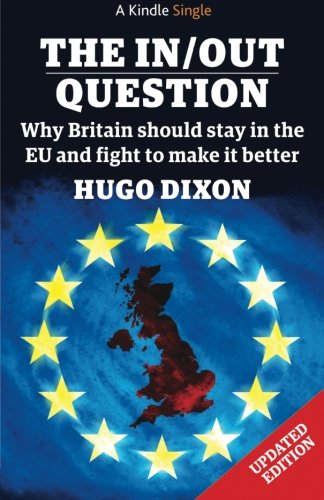

Davies surely underplays the Anglo-American contribution to victory as a mere supporting role, but it is fair to be reminded that while 200,000 British military personnel died in the European war, the Russians lost nearly 9 million. This is salutary, not because it tells us anything new, but because it does chip away at deeply ingrained national myths and stereotypes. The battle of Kursk, the greatest tank battle in history, rightly gets far more space than El Alamein, or even D-Day. Davies treats the two campaigns more or less as one, but he has no doubts about their relative strategic importance.

This unifying emphasis is justified, because even now historians, film-makers, authors and journalists are apt to treat 1939-45 as two separate conflicts. Davies succeeds in making a historical whole of the two main elements of the European War - the war in the west, fought by Britain, America and a host of allies the war in the east conducted by the Soviets with a multitude of ancillaries willing and unwilling. There may be people still unaware of these fundamental truths about the Second World War, but I doubt many of them will be readers of this book. Dear God, is there any intelligent reader who supposes it was a simple victory? But Norman Davies, the brilliant and original author of Europe: A History 10 years ago, seems now to have developed a weakness for truisms and teaching grandmothers to suck eggs His twin hobby-horses are tremendous, but almost knackered: the iniquity of Stalin's Soviet Union, just as evil as Hitler's Germany, and the predominant part played by the Red Army in the Allied victory. 'No Simple Victory,' says the subtitle to this history of the Second World War in Europe, and inherent in those three words is a fundamental weakness of the work.

Europe at War 1939-1945: No Simple Victory


 0 kommentar(er)
0 kommentar(er)
